The Fedcap Group Acquires Kennedy Scott
the fedcap group expands its network to advance economic opportunity internationally with acquisition of kennedy scott in the u.k.
New York, December 13 — The Fedcap Group, a nonprofit that develops innovative, sustainable solutions, creating measurable shifts in the economic outlook for the impoverished and disadvantaged, has acquired the esteemed British social services company Kennedy Scott. This combination marks the next step in building a global network of top-tier, mission-aligned organizations within The Fedcap Group.
During the past ten years The Fedcap Group has combined 14 U.S.-based organizations that collectively serve more than 320,000 people each year. The addition of Kennedy Scott is the first international expansion for The Fedcap Group.
“The leadership and talent within Kennedy Scott will multiply the impact of our combined work, extending the reach of our Workforce Development practice area headed by Senior Vice President of Workforce Development Grant Collins,” said Christine McMahon, president and CEO of The Fedcap Group.
“As the parent company of recognized brands, The Fedcap Group enables organizations to focus on delivering proven services to solve systemic problems. Through shared services and financial transparency, we empower organizations that empower individuals,” said McMahon.
About Kennedy Scott
The mission of Kennedy Scott is to support jobseekers in achieving their potential as they progress in their careers and lives. With 14 locations throughout the United Kingdom, Kennedy Scott has helped tens of thousands of people into meaningful careers. Through a strong team network Kennedy Scott innovates solutions to deliver the best possible service to help every individual reach their aspirations and career goals.
Like other companies of The Fedcap Group, the Kennedy Scott team serves individuals with complex barriers to long term self-sufficiency. They have created strong and customized Employment Recruitment programs designed to meet employers’ needs, partnering with employers throughout the U.K. to help place those they serve in jobs and careers.
About The Fedcap Group
The Fedcap Group is a global network of top-tier nonprofit agencies dedicated to advancing the economic and social well-being of the impoverished and disadvantaged. The Fedcap Group offers a growth platform for agencies to collectively showcase the Power of Possible™, enabling them to focus on delivering proven, evidence-based services and solving significant societal problems. Constantly innovating in the practice areas of Education, Workforce Development, Occupational Health and Economic Development, The Fedcap Group provides solutions that break down barriers to societal inclusion and financial well-being for more than 320,000 people each year.
Companies of The Fedcap Group deliver measurable shifts in academic advancement and economic self-sufficiency for individuals in need, in partnership with business, government, the philanthropic community, academia and local nonprofit agencies. The Fedcap Group transforms lives and helps businesses, insurers, governments and educational institutions meet their critical objectives and Corporate Social Responsibility goals. The Fedcap Group is committed to solving problems through effective programming and continual innovation.
Related links: fedcap.org

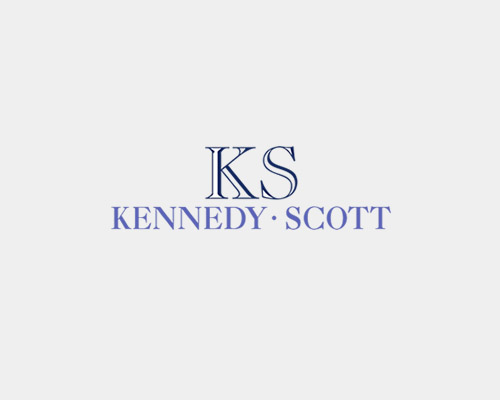

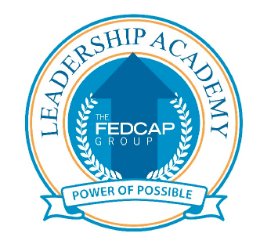 The Fedcap Group invests in our staff, bringing the best and brightest talent possible onto our team. This means having a high quality
The Fedcap Group invests in our staff, bringing the best and brightest talent possible onto our team. This means having a high quality  The Fedcap Group invests in quality technology to facilitate our communications, analyze our financial and programmatic data and impact, and to raise funds and support necessary for our work. The Fedcap Group has invested significantly in the past decade to ensure that our technological infrastructure is state of the art. In 2013 we made an investment of over $1 million to upgrade our accounting and management information system to Oracle R12 and in 2016 we updated to Oracle Fusion Application. This enhancement increases efficiencies in monitoring and controlling revenue and expenses and provides a sophisticated reporting capability that enables program managers to review the detailed revenue and expense transactions relative to their respective program operations. In 2014 we invested in Salesforce—which drives our business development process. We continue to upgrade and enhance the user interface ensuring that we have an accurate and reliable pipeline with the ability to predict “win ratios”—thus enabling effective short and long-term planning.
The Fedcap Group invests in quality technology to facilitate our communications, analyze our financial and programmatic data and impact, and to raise funds and support necessary for our work. The Fedcap Group has invested significantly in the past decade to ensure that our technological infrastructure is state of the art. In 2013 we made an investment of over $1 million to upgrade our accounting and management information system to Oracle R12 and in 2016 we updated to Oracle Fusion Application. This enhancement increases efficiencies in monitoring and controlling revenue and expenses and provides a sophisticated reporting capability that enables program managers to review the detailed revenue and expense transactions relative to their respective program operations. In 2014 we invested in Salesforce—which drives our business development process. We continue to upgrade and enhance the user interface ensuring that we have an accurate and reliable pipeline with the ability to predict “win ratios”—thus enabling effective short and long-term planning. 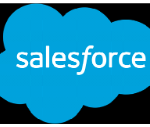 We have a state of the art HRIS system and use Raiser’s Edge to manage all donor and community engagement efforts. By investing in the right technology, we are positioning our company to maximize investors dollars and ultimately improve outcomes.
We have a state of the art HRIS system and use Raiser’s Edge to manage all donor and community engagement efforts. By investing in the right technology, we are positioning our company to maximize investors dollars and ultimately improve outcomes. As a nonprofit, we are in the business of disruption – but we understand that major social impact changes don’t happen overnight. We invest in innovation and we understand that risk is necessary for the innovation required to solve social problems. Quality innovation happens as a result of smart investments. The best performing organizations smartly evaluate short- and long-term opportunities to integrate, reapply, and scale. Measuring ROI is embedded in every program and innovation we undertake. In 2017 The Fedcap Group established the Innovation Garage, a virtual platform that promotes creative thinking and problem solving through diverse, energetic and forward thinking cross discipline teams.
As a nonprofit, we are in the business of disruption – but we understand that major social impact changes don’t happen overnight. We invest in innovation and we understand that risk is necessary for the innovation required to solve social problems. Quality innovation happens as a result of smart investments. The best performing organizations smartly evaluate short- and long-term opportunities to integrate, reapply, and scale. Measuring ROI is embedded in every program and innovation we undertake. In 2017 The Fedcap Group established the Innovation Garage, a virtual platform that promotes creative thinking and problem solving through diverse, energetic and forward thinking cross discipline teams.
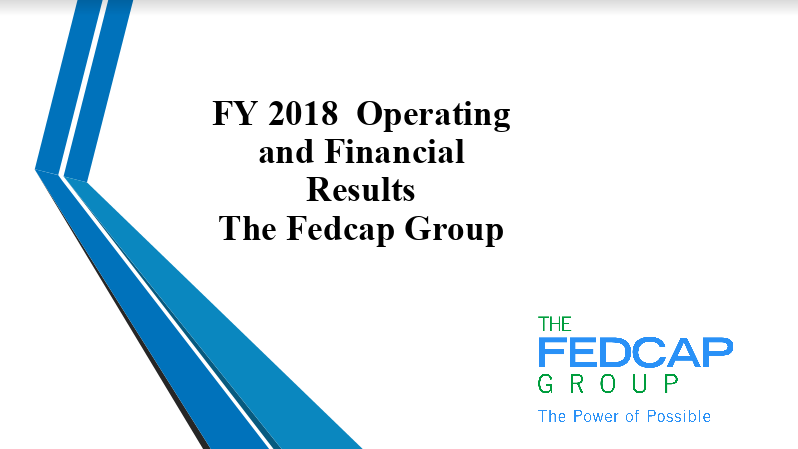
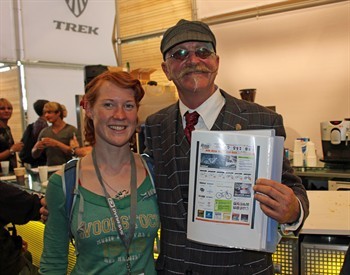

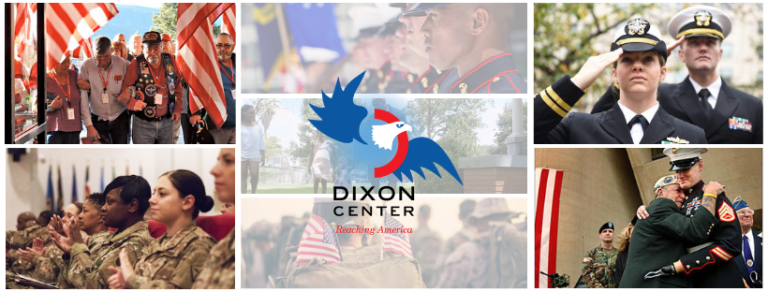
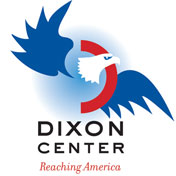
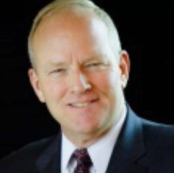 If you had told me how I’d look back with fondness on the time I served as brigade commander during the worst of Diyala Province in 2006-2007, I would have smirked. Of course I’d love being a veteran, I can imagine my younger self thinking. It meant I would be anywhere but Iraq.
If you had told me how I’d look back with fondness on the time I served as brigade commander during the worst of Diyala Province in 2006-2007, I would have smirked. Of course I’d love being a veteran, I can imagine my younger self thinking. It meant I would be anywhere but Iraq.
